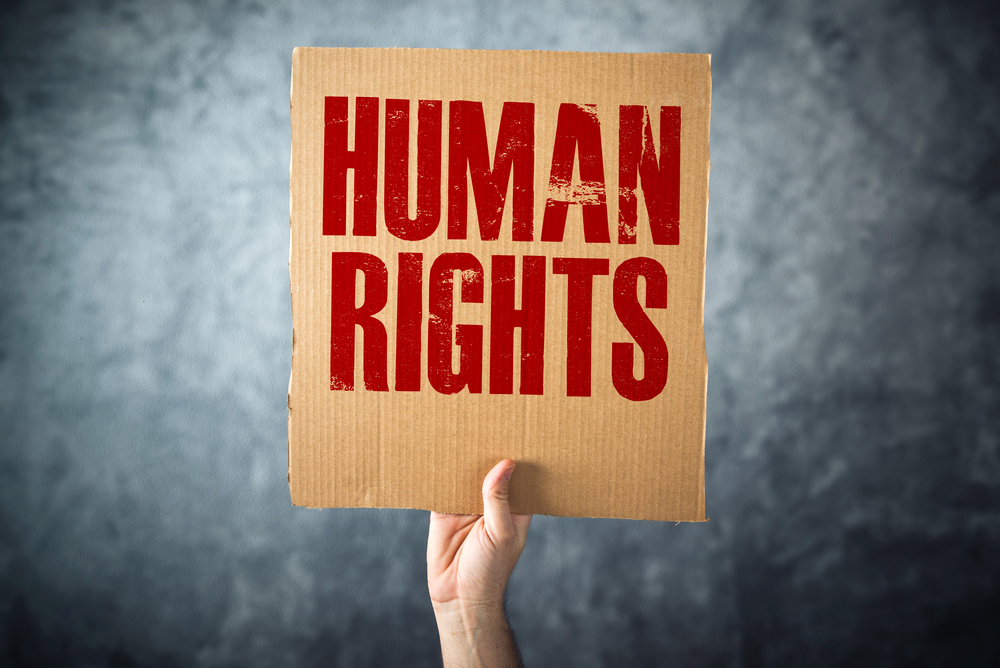Human rights constitute the essential freedoms and entitlements every person should enjoy, irrespective of distinguishing attributes such as nationality, ethnic background, or gender. The journey through human rights history reveals an enduring struggle for equity, judicial fairness, and respect for human dignity. Over time, various societies have dealt with the recognition and safeguarding of these principles, paving the way for momentous progress and continuing challenges. Join us as we delve into the annals of human rights to appreciate their role in enhancing global equality and justice.

Ancient Origins:
Human rights can trace their origins to ancient societies that acknowledged human worth. In ancient Mesopotamia, for instance, the Code of Hammurabi established statutes to support those who were less powerful or in need. Ancient Indian writings, such as the Arthashastra, likewise emphasized the obligation of rulers to nurture the welfare of their people.
Inspiration from Thinkers and Sacred Beliefs:
Throughout history, philosophers and spiritual guides have significantly contributed to the human rights ideology. Acclaimed Greek thinkers such as Plato and Aristotle discussed notions of fairness and the natural dignity belonging to every person. Sacred doctrines from Buddhism, Hinduism, Judaism, Christianity, and Islam have all promulgated tenets of empathy, impartiality, and societal justice, embedding the ethical cornerstones of human rights.
Revolutionary Thought and Enlightenment:
The 17th and 18th centuries’ Age of Enlightenment signified a pivotal chapter in human rights heritage. Intellectuals such as John Locke, Voltaire, and Jean-Jacques Rousseau introduced concepts of intrinsic rights and social compacts. These philosophies were instrumental in challenging repressive regimes and clamoring for personal liberties.
Historic Pronouncements and Uprisings:
The American (1775-1783) and French (1789-1799) revolutions ignited a wave of formal acceptance of human rights. The 1776 American Declaration of Independence heralded the inherent rights to “life, liberty, and the pursuit of happiness.” France’s 1789 Declaration of the Rights of Man and of the Citizen affirmed the values of freedom, equity, and brotherhood.
Global Protocols:
Following World War II, the world saw the formation of global infrastructures aimed at securing and advocating human rights. The United Nations came into being in 1945, and in 1948, it endorsed the Universal Declaration of Human Rights (UDHR). The UDHR enumerated basic rights and liberty applicable universally, irrespective of one’s creed, color, or country of origin.
Social Rights and Anti-Bias Advocacies:
In the 20th century’s latter half, significant social rights campaigns emerged to counter inherent discrimination and to champion the cause of equal rights. The 1950s and 1960s Civil Rights Movement in the United States—championed by leaders like Martin Luther King Jr.—undertook the cause of racial equity and desegregation. These advocacies sparked similar movements across the globe that sought to confront discrimination based on race, gender, disability, and other such classifications.
Worldwide Human Rights Agreements and Bodies:
To put human rights into practice globally, numerous treaties and organizations have been instituted. These include the International Covenant on Civil and Political Rights (ICCPR), the International Covenant on Economic, Social and Cultural Rights (ICESCR), along with regional judicial entities such as the European Court of Human Rights and the Inter-American Commission on Human Rights.
Continuing Struggles and Future Trajectories:
While there has been considerable headway, the full actualization of human rights remains an ongoing struggle, with pervasive issues like indigence, inequity, bigotry, strife, and civil as well as political rights infractions calling for persistent vigilance and action. Advancing human rights is a continuous battle that necessitates worldwide collaboration, advocacy, and the spirited engagement of citizens, institutions, and governments alike.
In summing up, the chronicle of human rights is a reflection of mankind’s enduring quest for fairness, legislative justice, and dignity. From its ancient beginnings to the current global framework, the reinforcement and acknowledgement of human rights have transformed. Despite prevailing challenges, the united endeavors in safeguarding and championing human rights are crucial. By acknowledging and fighting for the rights and worth of every human being, we lay the foundation for a more just and fair world for the generations to come.







